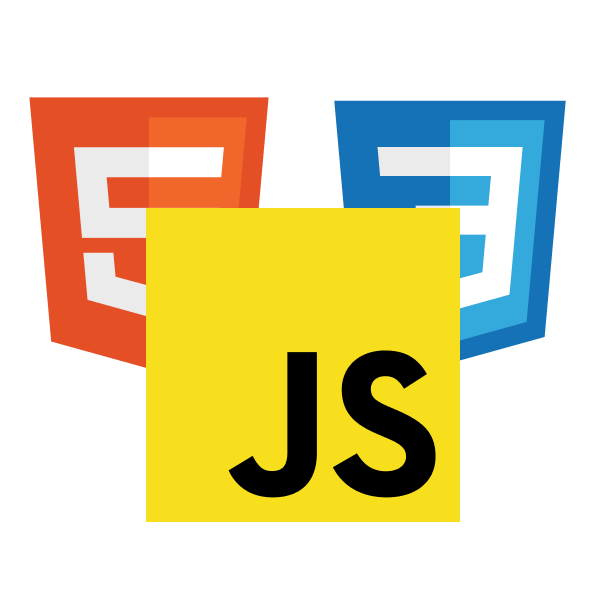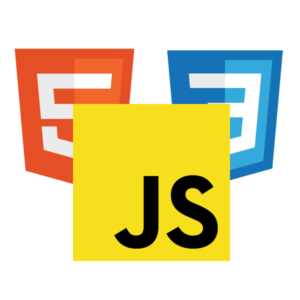What Does a SQL Developer Do?
SQL Developers are integral to the world of data management and analysis. They specialize in designing, implementing, and maintaining database systems. Their expertise in SQL (Structured Query Language) allows them to manipulate and query data, ensuring that it is accessible, secure, and organized efficiently.
SQL Developers Job Description
When companies are looking for clean and responsive websites, they trust us. Our commitment to excellence ensures that every project satisfies the customer. Join us at Hire Devs as SQL Developers and be part of our tradition of delivering superior digital solutions.
Typical Duties and Responsibilities:
- Database Design and Development: Create robust database designs that support business applications and ensure data consistency.
- Data Management and Optimization: Monitor and optimize database performance using indexing, query optimization, and other performance-tuning techniques.
- Data Security: Implement security measures to protect data integrity and privacy.
- Backup and Recovery: Establish backup procedures and disaster recovery plans to prevent data loss.
- Troubleshooting: Diagnose and resolve database issues and ensure the database’s smooth operation.
- Collaboration: Work with developers, analysts, and administrators to expand database functionality and support application development.
Education and Experience:
- Bachelor’s degree in Computer Science, Information Technology, or related field.
- Proven experience as an SQL Developer or similar role.
- Strong understanding of database structures, theories, principles, and practices.
Required Skills and Qualifications:
- Proficiency in SQL: Extensive knowledge of SQL programming and experience with SQL database management systems like MySQL, PostgreSQL, Oracle, or Microsoft SQL Server.
- Understanding of Database Principles: Strong grasp of database structures, theories, principles, and best practices.
- Analytical Thinking: Ability to analyze complex data sets and translate business requirements into non-technical terms.
- Problem-Solving Skills: Keen problem-solving abilities to troubleshoot and optimize database queries and operations.
- Attention to Detail: Meticulous attention to detail to ensure data accuracy and integrity.
- Effective Communication: Excellent communication skills to collaborate with team members and stakeholders.
Preferred Qualifications:
- Familiarity with SQL Server Reporting Services, SQL Server Analysis Services, and/or Business Intelligence Development Studio.
- Certification in Microsoft SQL Server, Oracle, or other relevant databases.
- Experience with data warehousing and ETL tools.
Join us at Hire Devs and be part of a collaborative team dedicated to delivering exceptional web solutions. If you are passionate about innovation and technology and possess the above skills, we encourage you to apply and contribute to our success!
Candidate Certifications to Look For
- Microsoft Certified: SQL Database Administrator Associate: Validates skills in database administration and management.
- Oracle Database SQL Certified Associate: Demonstrates proficiency in SQL and Oracle database management.
- IBM Certified Database Administrator: Recognizes skills in IBM database administration, including DB2.
Sample Interview Questions for SQL Developers
- How do you ensure data integrity and accuracy in your SQL queries?
- Describe your experience with database optimization and performance tuning.
- Explain the difference between
INNER JOIN,LEFT JOIN,RIGHT JOIN, andFULL JOIN. - How do you approach writing complex stored procedures?
- What strategies do you use for effective error handling in SQL scripts?
- Describe a situation where you had to debug a complex SQL query. How did you approach it?
- How do you secure sensitive data within a database?
- What is database normalization, and why is it important?
- Explain the concept of indexing and how it improves database performance.
- How do you manage large data migrations without affecting the live environment?
- Describe your experience with database backup and recovery plans.
- How do you use transaction control statements in SQL to manage data integrity?
- What is a deadlock, and how can you prevent it in a database system?
- Explain the difference between clustered and non-clustered indexes.
- How do you approach designing a new database schema for a complex application?
- What experience do you have with NoSQL databases, and how do they compare to traditional relational databases?
- Describe how you would use window functions in SQL.
- How do you stay updated with the latest developments and best practices in database management?


